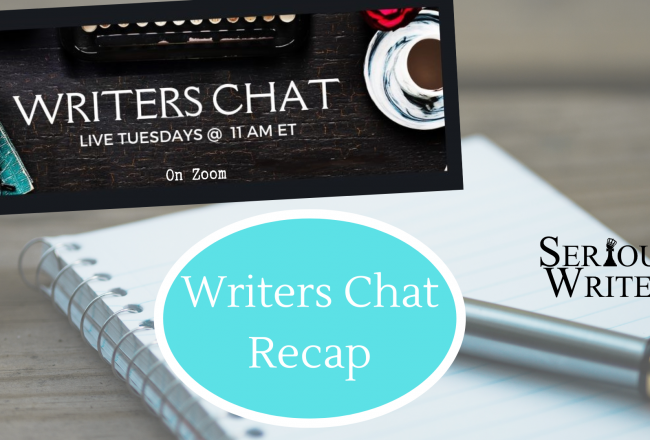
Listening to Writing Mentors
Writers who listen are writers who learn. If we’re so busy pitching our ideas and promoting our writing agenda,…
July 14, 2015
Writers who listen are writers who learn. If we’re so busy pitching our ideas and promoting our writing agenda,…
July 14, 2015
[author title=”Amy L Sullivan” image=”https://www.almostanauthor.com/wp-content/uploads/2015/06/AmyHeadshot.jpeg”] For the past two years, Amy L. Sullivan looked harder, loved stronger, and discovered…
July 13, 2015
Do you know that God has your number? Discouragement tries to rob us of the reminder of the nearness…
July 12, 2015
“Mom, I think Tina could make a sermon illustration out of a booger.” I saw the two of them…
July 11, 2015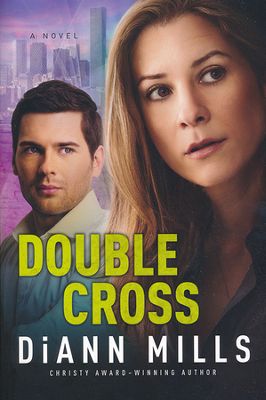
Plot Summary: FBI Agent Laurel Evertson’s investigation in to a scam targeting the elderly takes an unexpected twist when…
July 10, 2015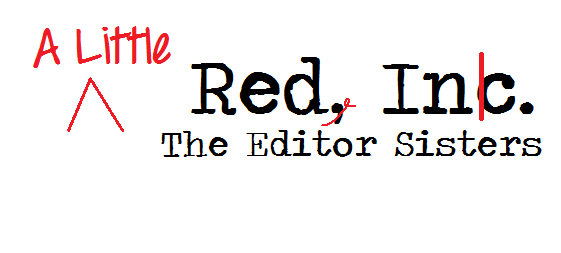
When you write dialogue, think like a screenwriter. Every minute of screen time, every word counts. Don’t add fluff. …
July 10, 2015
What is emotional continuity? When actors enter a scene, they bring with them a certain attitude and emotional state…
July 9, 2015
Early on I discovered a basic truth for writers. Publishing is a journey, not a destination. This holds true…
July 8, 2015
Looking to spend more time on your writing? A little organizing can help you write more. Organized writers are…
July 7, 2015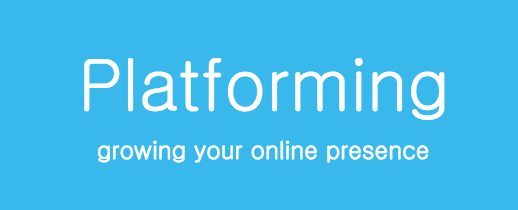
Blog readers are scanners, their eyes skimming the page for interesting information. Problogger reports the average time spent reading…
July 6, 2015
Navigating the publishing world can be a humbling experience. We write a piece that we think is going to…
July 5, 2015
If you have flown then I imagine you know the feeling. You sit down in your assigned seat and…
July 4, 2015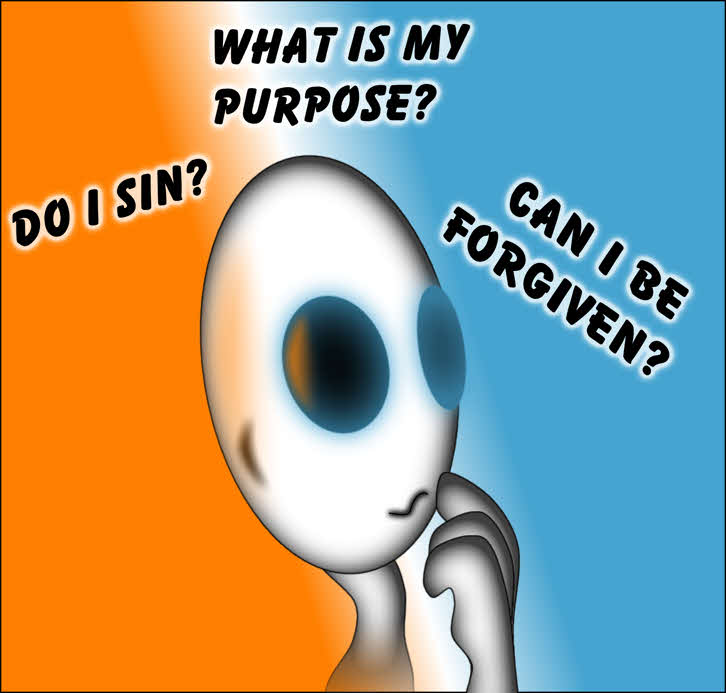
Atheists believe all creatures evolved over countless millennia of bloodshed, allowing only the fittest members of a species to…
July 3, 2015
Whenever someone asks if I have advice for teen writers, I tell them three things: Read, research, and write.…
July 2, 2015
Do you want to write 30K-40K+ words in a weekend? Do you want to write faster? You can. Become…
July 1, 2015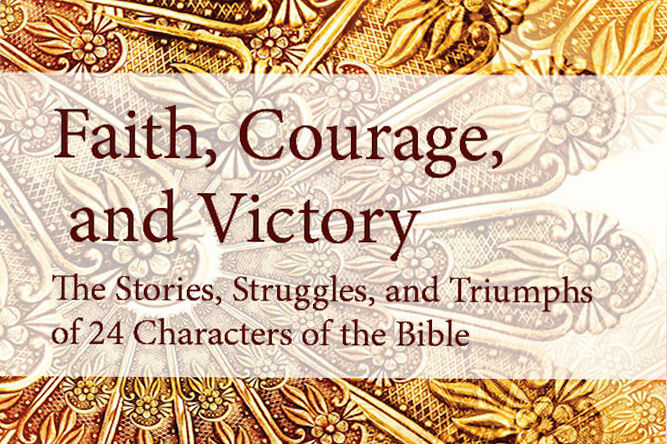
[author title=”Katy Kauffman” image=”https://www.almostanauthor.com/wp-content/uploads/2015/05/Headshot_Katy-Kauffman.jpg”]Katy Kauffman is a co-founder of Lighthouse Bible Studies, a ministry which seeks to connect people…
June 29, 2015
Graphics or memes have become an easy way to make any subject matter or content viral. What are they?…
June 29, 2015
The fruit of any writer is words, alphabetic compilations skillfully woven together into sentences and paragraphs that may eventually…
June 28, 2015
So you have this fabulous idea of a story for children. You’ve told bedtime stories to your children every…
June 28, 2015
Shame is an incredible de-motivator. Shame whispers questions and breathes doubt into our hearts and minds, stifling our creativity…
June 27, 2015
“Hi Their [sic]” were the two words I read. “Bye There!” was the instant reply in my head. Really?…
June 26, 2015
One of the key ingredients you should look for when hiring an editor is a love of reading. I…
June 25, 2015
We’ve all heard the cliche, “Content is King.” The power of blogging depends on meaningful content. With the increasing numbers…
June 25, 2015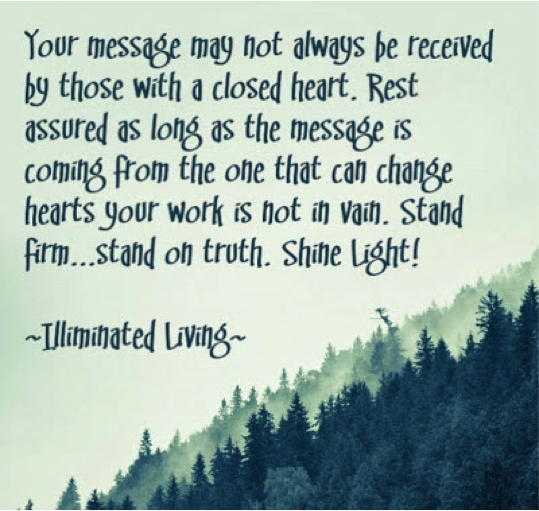
I’ve often pondered why I write, and what does it mean to be a writer. Sometimes I labor over…
June 25, 2015We can share life-changing words to weary people. I love it when God packs a whole sermon into one Bible…
June 24, 2015



